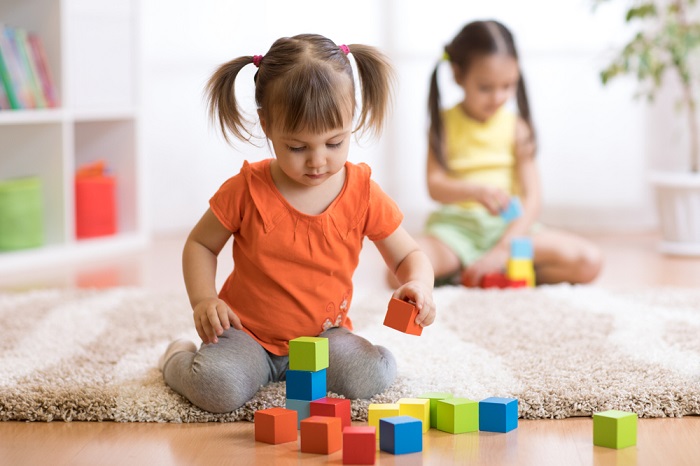
Child development is a process in which children begin to develop theories about the world. These theories begin as early as infancy. Infants make inductive judgments about objects and actions and develop implicit theories based on their experiences. These theories play an important role in children’s everyday lives and their subsequent education. This article reviews some key developments in the field of child development.
The First 5 stages of child development focus on the development of the brain. While the entire brain develops throughout a child’s lifetime, the foundational stages of development take place in early childhood. Many factors influence brain development, but early interventions such as talking, singing, and reading are critical to the development of young children’s brains. This can be done through simple daily interactions such as talking and reading to toddlers and singing to newborns.
During this period, infants begin to develop their sense of sight, including their ability to focus on moving objects. They are also beginning to learn to recognize faces and recognize sounds. In addition, they begin to learn to move their muscles and to control their bodies in different ways. Some of the milestones they achieve in this stage include rolling over, sitting up, crawling, and walking, and grasping objects.
If your child is experiencing delays in development, it is important to seek help as early as possible. Children with developmental delays can have difficulty functioning in a social and educational environment unless they receive appropriate assistance. If you are worried about your child’s development, consult with your child’s doctor to determine the best course of action.
Children begin to understand the concept of object permanence as early as three months. They are also beginning to develop separation anxiety. During this time, infants begin to imitate gestures and respond to them with actions and emotions. They also enjoy playing with objects, such as books. They will point out familiar people and objects in picture books.
Early experiences are crucial for brain development. These early influences have a major effect on basic aspects of the brain, as well as the regions dedicated to higher functions. The effects of these influences continue to be felt throughout adolescence and early adulthood. While the process of brain development has numerous facets, some studies suggest that the most important years are those in the early childhood years.
The cognitive capabilities of young children are often underestimated. Many people have the mistaken notion that infants lack conceptual knowledge and are egocentric. In reality, most of us can observe young children who are attentive to other people’s feelings and have a deep curiosity about the causes of those feelings. With a proper understanding of the nature of mental processes and the development of the human mind, a child will be able to engage in meaningful conversation and learn from others.
The process of child development involves changes in a child’s body, mind, and behavior. Children learn most through play. The environment they grow up in also affects their growth. Physical growth is vital to their learning, but so is intellectual and emotional development.